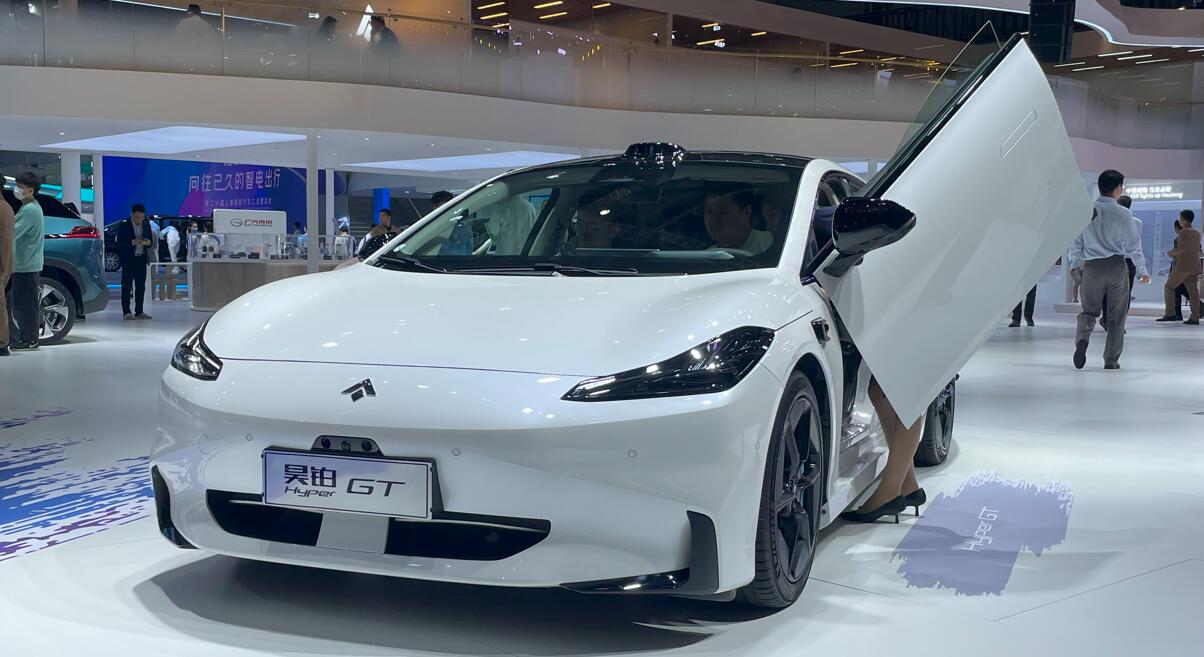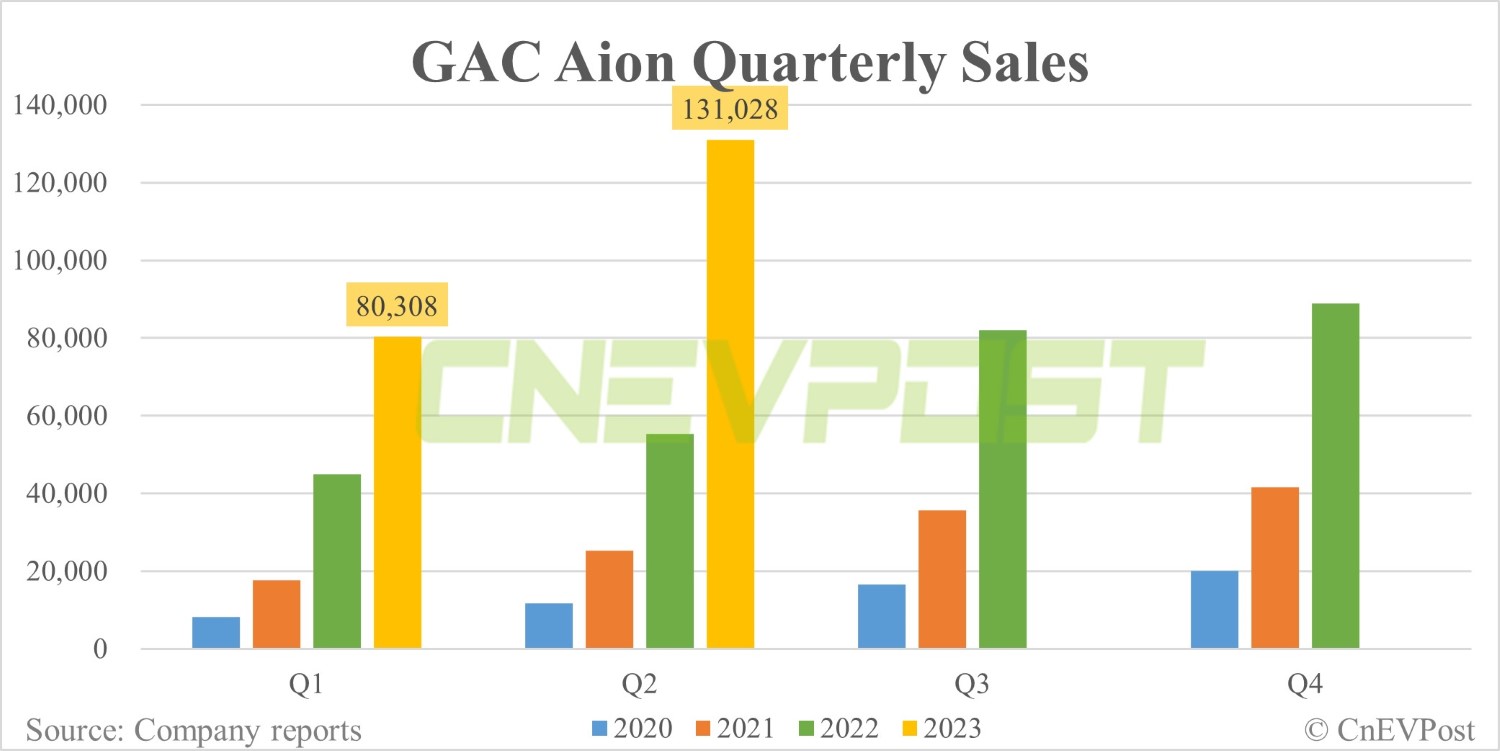Denza officially launched the Denza N7 on July 3, targeting the market where Tesla Model Y is located with a starting price of RMB 301,800.

(Image credit: CnEVPost)
The first SUV model of BYD's premium new energy vehicle (NEV) brand Denza seems to have gained good initial acceptance.
The Denza N7 SUV received 11,687 firm orders 24 hours after its official launch, Denza announced on Weibo late yesterday night.
Denza is a joint venture between BYD and Mercedes-Benz, each holding a 50 percent stake at the time of its inception. BYD increased its stake in Denza to 90 percent last year.
The brand officially launched the Denza N7, its second model since rebranding, at a launch event in Beijing on July 3, with a starting price of RMB 301,800 ($44,220) aimed at the market where the Tesla Model Y is located.
Prior to the launch of the N7, Denza was offering only the D9, an MPV that went on sale in August 2022 and was officially delivered in October last year.
The Denza N7 is a 5-seat mid-size SUV with a length, width and height of 4,860 mm, 1,935 mm and 1,602 mm, respectively, and a wheelbase of 2,940 mm.
For comparison, the Tesla Model Y is slightly smaller, measuring 4,750 mm in length, 1,921 mm in width and 1,624 mm in height, with a wheelbase of 2,890 mm.
The Model Y is currently offered in three versions in China with starting prices of RMB 263,900, RMB 313,900 and RMB 363,900 respectively. The Tesla model was the best-selling SUV in China from January to May.
The Denza website currently shows four versions of the N7 with starting prices of RMB 319,800, RMB 339,800, RMB 349,800 and RMB 379,800 respectively.
All four versions are equipped with DiSus-A, an intelligent air body control system, which was unveiled by BYD on April 10 and is similar to the air suspension currently used in many high-end vehicles.
Customers who do not need the system reduce the price of the vehicle by RMB 18,000, resulting in these two Air versions priced at RMB 301,800 and RMB 321,800.
On the first day of the Shanghai auto show on April 18, Denza started pre-sales for the N7, although pricing information had not been released at that time.
In early June, Zhao Changjiang, general manager of Denza's sales division, said the Denza N7 had over 20,000 pre-orders before specifications and pricing were announced, and that 55 percent of these order holders were owners of luxury brands including Mercedes-Benz, BMW and Audi, and 35 percent were existing owners of BYD and Denza.
The Denza N7 opened for test drives on July 4 and deliveries are set to begin in mid-July.
In June, Denza delivered 11,058 vehicles, the fourth consecutive month to exceed the 10,000-unit mark, according to BYD data released on July 2.
($1 = 7.2323 RMB)
Denza launches N7 SUV to take on Tesla Model Y as brand gains momentum

The post Denza N7 gets 11,687 firm orders in 24 hours after launch appeared first on CnEVPost.
For more articles, please visit CnEVPost.

















